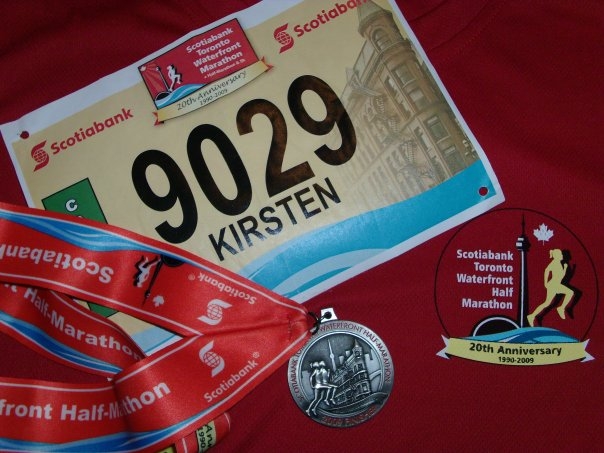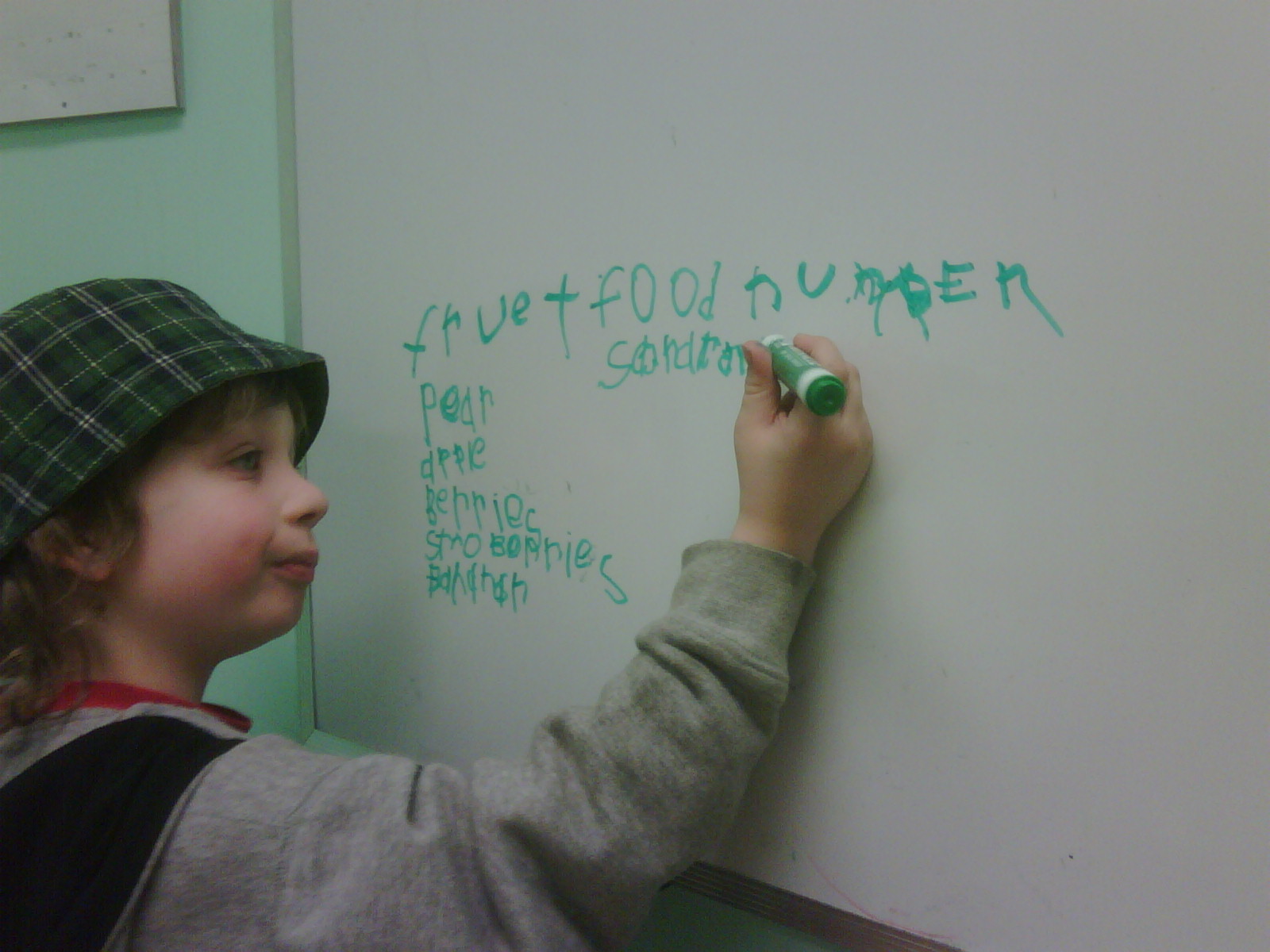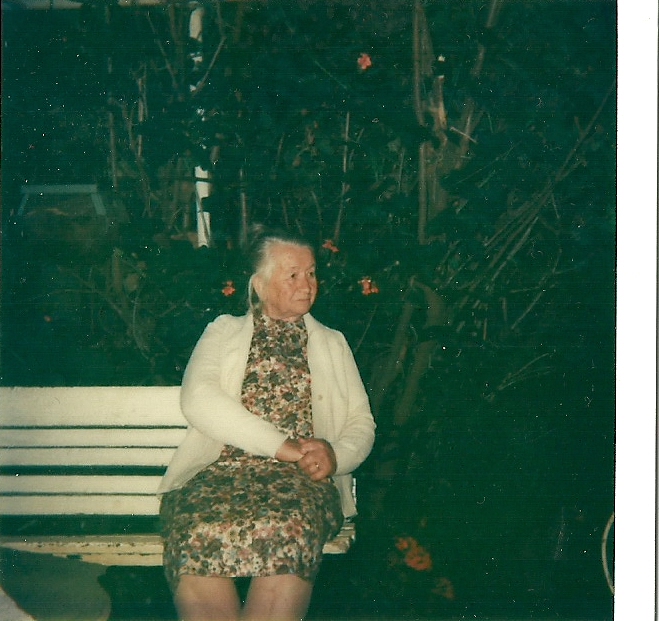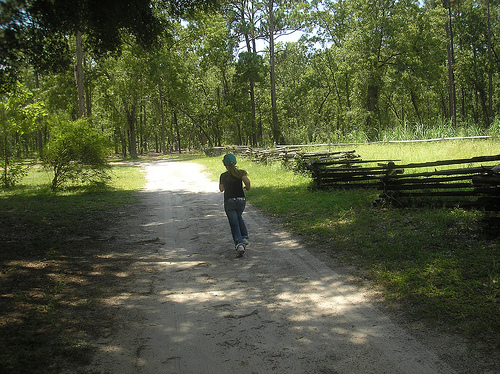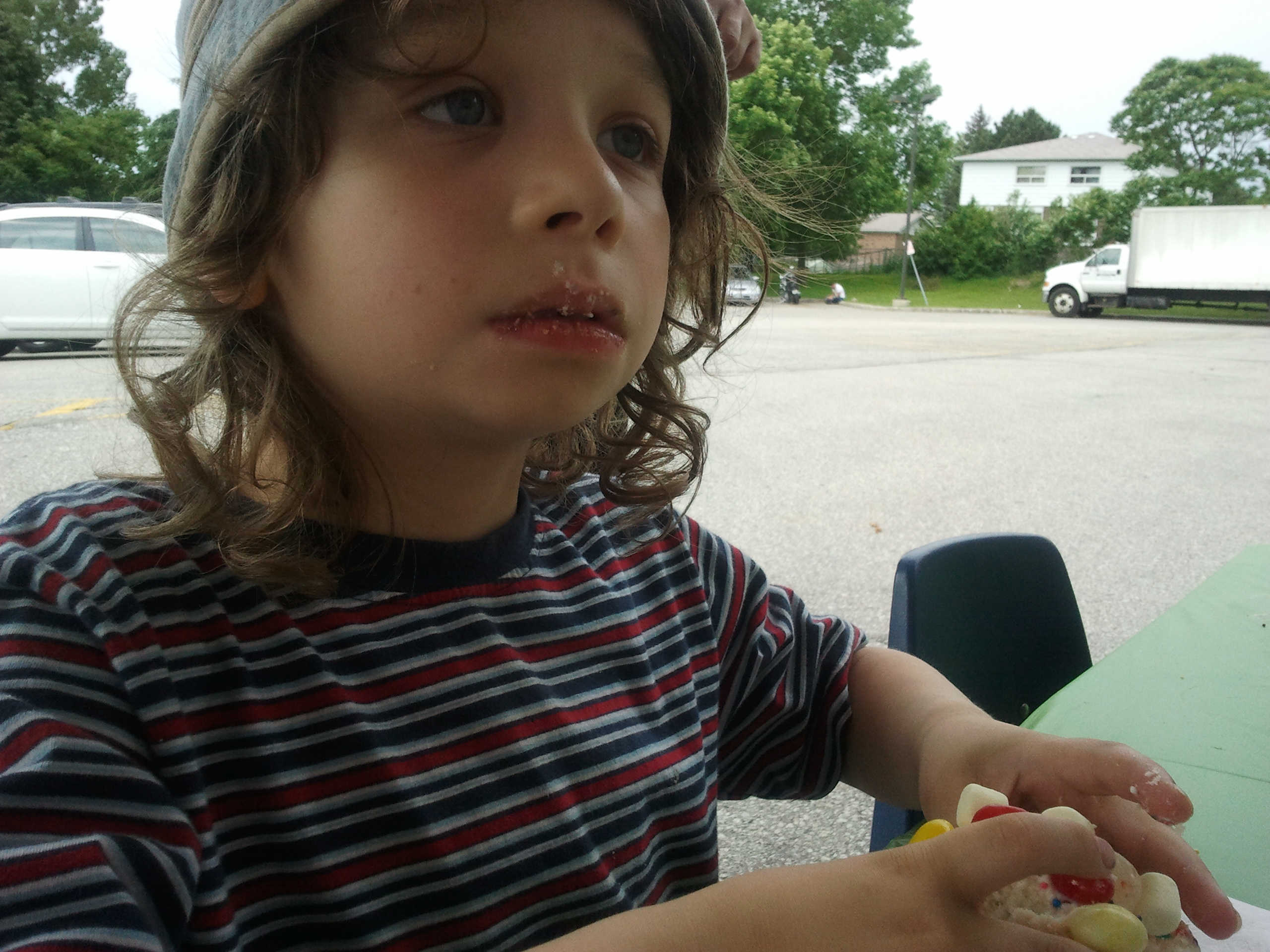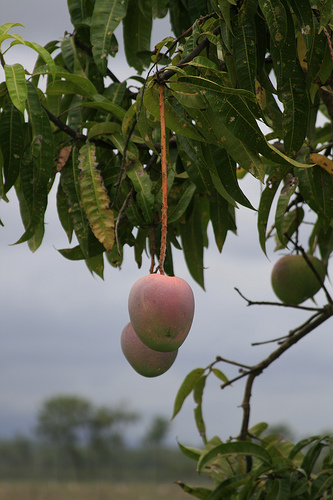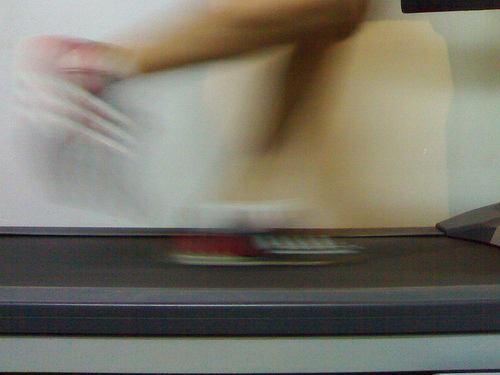 Today, for the first time in many months, I came face to face with the treadmill at the gym.
Today, for the first time in many months, I came face to face with the treadmill at the gym.
Anyone who’s read my previous posts about treadmills will know exactly how I feel about them. For those who haven’t, I will merely say that I’m not a fan of the lab-rat machines, but regard them as a necessary evil. There are times when road running is just not possible, and running on the treadmill is better than not running at all.
Over the last few months, when I have had to run on the treadmill, I have used the one at home. It sat gathering dust for a few years after my younger son, then aged two, put his hand onto the treadmill while it was moving, and took off the top few layers of skin. He is now old enough to respect the treadmill, and he knows to stay well away from it.
Treadmill running at home is marginally better than treadmill running at the gym. For a start, my home treadmill has a natural incline to it, so even on its “flat” setting I can simulate outdoor running reasonably well. And in addition, I can watch what I want on the TV without having to plug headphones into a weird little box that may or may not work. So the home treadmill has been a reasonable enough stand-in for “real” running on occasions when I’ve had no-one to watch the kids.
I was supposed to do a tempo run yesterday morning, which under normal circumstances wouldn’t have been a problem. The only thing is that when I do morning runs during the workweek, I have to get out early. I have to be awake by 5:00, outside waiting for my GPS watch to get a signal by 5:10, and running by 5:15. I have discovered that running on less than six hours of sleep makes me feel sick (unless I am racing: I can race on virtually no sleep at all, but racing has its own special set of rules), so I have to be asleep by 11:00 the night before an early morning run.
The night before last, we were having a whole lot of things happening at home. No hot water. Kids refusing to settle. A visit from my accountant. A dryer that wasn’t drying properly, resulting in me having to put each load through the cycle twice.
I did not get to bed until shortly after midnight, and by then my husband and I were so wound up that neither of us could sleep, so we talked until the wee hours of the morning. I did not get to sleep until well after 1:00 in the morning.
There was no way I could run when I woke up. I felt nauseous when my alarm clock went off, and that was before I’d gotten out of bed, never mind attempted to actually run anywhere.
But runners can be flexible, so I decided that it was no problem. I would just move yesterday’s run to this morning, and tomorrow’s run to Friday.
Last night – or should I say this morning – I got to sleep at about 2:30. Fannnnnnn-tastic.
When my alarm went off this morning, I got up, thinking that maybe I should just bite the bullet and run. But as I got up, I felt light-headed. I actually swooned, like they did in eighteenth century novels.
I was left with no choice. Either skip the run entirely (Scandal! How could I even think that!), or I could put in time on the treadmill at the gym at lunchtime. Like I said before, treadmill running is better than not running at all, so the gym it was. I stuck my headphones in my ears and turned on the music, set my training watch, and programmed the treadmill for a 45 minute hill workout.
It was good. I mean, as good as a treadmill run can be. My legs felt strong, my heart rate – inexplicably – stayed in the 150-155 range despite the fact that I was running quite intensely, and I actually kind of enjoyed it. I’m not suggesting that I am going to make treadmill running a regular part of my program, I’m just saying that it’s not always so bad.
So my scheduled run was finally done – albeit a day and a half late – and I have taken another baby step towards my goal of shattering last year’s time for the Autism Run.
And I feel a sense of accomplishment that has me grinning like a village idiot.
(Photo credit: http://www.flickr.com/photos/mahidoodi/199747855/)





